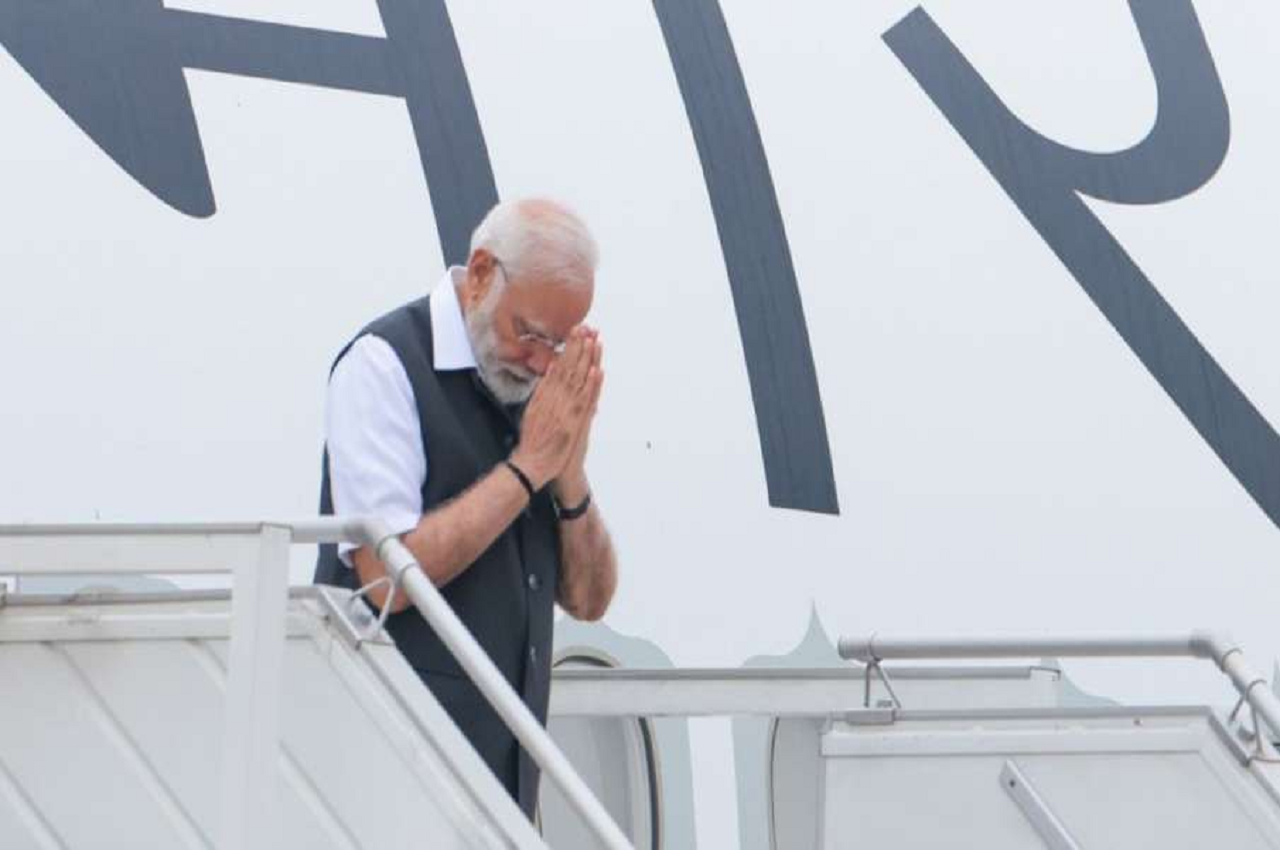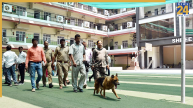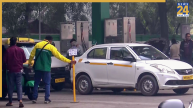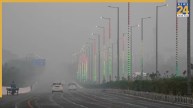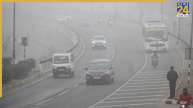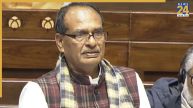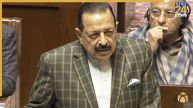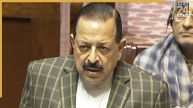PM Modi interview: Ahead of France visit France where he will be the guest of honor of this year’s Bastille Day celebrations in Paris on July 14th, Indian Prime Minister Narendra Modi, who has been in power since 2014, received Les Echos at his residence in Delhi.
In this rare interview with a foreign media, the Prime minister insisted on India’s diverse role as a bridge between the Global South and the western world. Here are the five key takeaways of Modi interview:
India has become the most populous country in the world. How does that change the status of the country on the world scene ?
India is a rich civilization that is thousands of years old. Today, India is the most youthful nation in the world. India’s strongest asset is our youth. At a time when many countries in the world are ageing and their populations are shrinking, India’s young and skilled workforce will be an asset for the world over the decades to come. What is unique is that this workforce is steeped in openness and democratic values, eager to embrace technology, and ready to adapt to the changing world.
Even today, Indian diaspora, wherever they are, contribute towards the prosperity of their adopted homeland. The progress of one-sixth of humanity will give the world a more prosperous and sustainable future.
There was a phenomenal rise in the relationship between India and the US in the last few years. Why is it happening now and what is India’s rationale behind this?
It is true that the relationship has been growing positively since the turn of the century. It has accelerated and reached new levels in the past nine years. There is widespread support for deepening our ties, from all stakeholders, in both countries – be it Government, Parliament, Industry, Academia and of course the people. The US Congress has consistently extended bipartisan support for elevating our relationship.
Do you consider that India is the natural leader of the global south?
It is also true that the rights of the Global South have been long denied. As a result, there is a feeling of anguish among the members of Global South, that they are forced into undertaking action but when it comes to decision making they don’t find a place or voice for themselves. The true spirit of democracy has not been respected vis-a-vis the Global South. I feel that if we would have worked in the true spirit of democracy and given the same respect, same rights to the Global South as well, the World could have been a more powerful, stronger community. When we can address the concerns of the vast majority that constitute the Global South, we are more likely to restore faith in the international order. We will make our global institutions resilient.
What is your vision for India in 2047? How do you see India’s contribution to global balance ?
We are working with a clear vision for 2047, the 100th anniversary of our independence. We want to see India become a developed country in 2047. A developed economy that caters to the needs of all its people – education, health, infrastructure and opportunities.
India will remain a vibrant and participative federal democracy, in which all citizens are secure about their rights, confident of their place in the nation and optimistic about their future.
Tensions are escalating in the area. Many countries, including India, are facing the problem of an aggressive China. What do you expect from France in terms of strategic support in this stand-off with China?
India and France have a broad-based and comprehensive strategic partnership that encompasses political, defence, security, economic, human-centric development and sustainability cooperation. When countries with similar vision and values work together, bilaterally, in plurilateral arrangements or in regional institutions, they can deal with any challenge. Our partnership, including in the Indo Pacific region, is not directed against, or at the expense of any country. Our aim is to safeguard our economic and security interests, ensure freedom of navigation and commerce, advance the rule of international law in the region. We work with other countries to develop their capabilities and support their efforts to make free sovereign choices. More broadly, we aim to advance peace and stability in the region.

